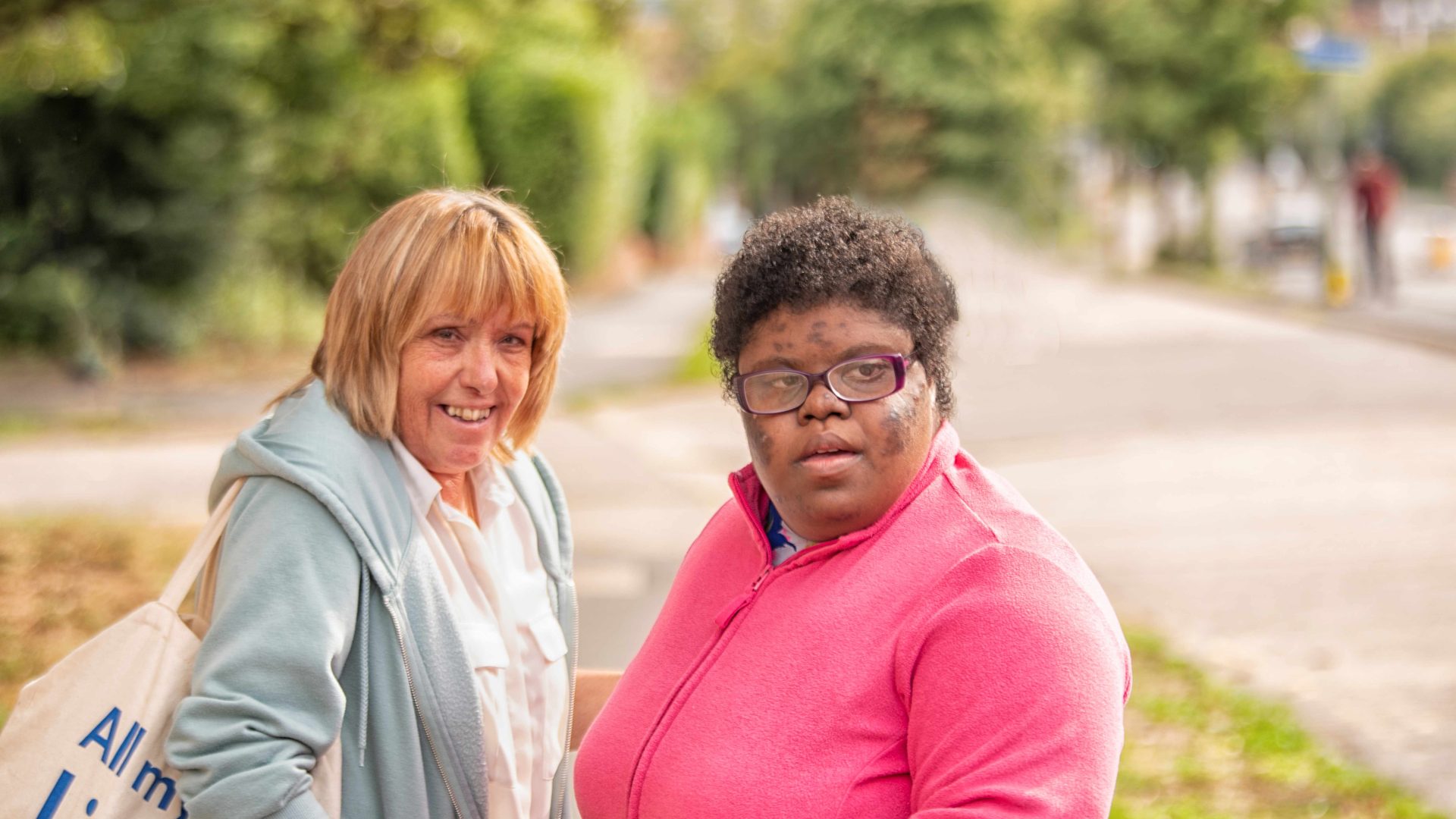Adult social care is the support and assistance given to people who may need help with everyday tasks to stay independent. This could be for people who are older, with disabilities or neurodiversity, mental health issues and those people who care for them. Choosing adult social care involves considering a range of factors to ensure the best possible support.
The first step is usually an assessment. Everyone is entitled to this, whether they will pay for their own care or not. An assessment is done by a trained professional in line with national eligibility criteria to understand a person’s needs. Assessments for Surrey residents are undertaken by Surrey County Council and details about this can be found below.
Find out more about care assessment for Surrey residents here
In the assessment you will also discuss types of care available. Some of the more common forms of care can be found below.

Common types of Social Care
Below are some of the more common types of adult social care including home care, residential care, day care, supported living and housing with care.
Also known as Home Based Care or Domiciliary Care. Support is provided in a person’s own home, including help with personal care, household tasks, and companionship. This might be from a few hours of care a week to live-in care where a carer stays with you for up to 24 hours a day.
Read more about home care and watch our film about Pam’s experience.
Living in a care home with your own room where round-the-clock support is available, including assistance with daily activities, meals, and access to healthcare professionals. Residential care can be two types – either with nursing or without nursing. A Residential Care home with nursing has qualified nurses on site for people who also have specific nursing needs. People can also book short term care in a care home which may be for a brief period of time to allow a break for caregivers, for rehabilitation or following on from a stay in hospital.
Daytime support and activities provided in a community setting, which offers everyday activities and social interaction for the person. It can be an opportunity for respite for caregivers as well. The person may attend for one day a week or for multiple days, depending on their requirement.
This is supported accommodation for people with disabilities or mental health issues, promoting their independence with the comfort of knowing that a support worker is there should they be needed.
Read more about supported living and watch our film about residents’ experiences.
Sometimes called Extra Care housing, this allows you to retain your independence by having your own front door, while knowing care is on hand if you need it. It is purpose-built flats or bungalows with care and support available on site. People can purchase as much of the care and support as they require. Extra care housing is usually bought on a leasehold basis or rented, or sometimes a combination of the two. Many facilities also have restaurants and communal areas to socialise with others, hairdressing, and laundry facilities, as well as organised activities and outings.

What to consider when selecting a Care Service
There can be many things to consider when selecting the right care service. Here are a few things that you may wish to think about:
When choosing adult social care, it is essential to research and assess the quality and reputation of potential providers. Look for the CQC (Care Quality Commission) Inspection results of services and check for reviews and recommendations from other service users.
Adult social care can be costly, and funding options vary depending on individual circumstances and the type of care required. Some people will be eligible for funding to cover all or part of their care by the Council or the NHS depending upon their circumstances. It is important to understand the costs involved and explore available funding options before making a decision. Personal Preferences and Needs: Consider your preferences, values, and specific care needs when choosing adult social care. For example, some people prefer to remain in their own home for as long as possible, while other people prefer the social interaction and support provided in a care home setting.
Look for providers that offer continuity of care and can adapt if your needs change over time. If you have established a trusting relationship with a care provider, it may be difficult to move to something else.
Consider the location and accessibility of the service. Is it near family and friends? Are there good transport links?

Paying for Care
The first point of contact for working out paying for care should always be Surrey County Council, as a part of the assessment process. They will give you details on undertaking a financial assessment https://adultsocialcareportal.surreycc.gov.uk/web/portal/pages/ofa
You can make an online assessment of your needs and eligibility on SCC’s website.
Website: www.adultsocialcareportal.surreycc.gov.uk
Phone: 0300 200 1005 or text: 07527 182 861
Email: asc.infoandadvice@surreycc.gov.uk
Find out more about paying for care below.

Useful Links, General Information and Advice
Surrey County Council
Providing you with information on staying independent, assessments to identify your care and support needs, including an assessment for carers.
Website: www.surreycc.gov.uk/adults
Connect to Support Surrey
For local help to stay independent, healthy, and connected to your local community you can contact Connect to Support.
Website: www.connecttosupportsurrey.org.uk
Learning Disability and Autism Hub
provides information, guidance, and access to support services for local adults with a Learning Disability or Autism, and their families.
Website: www.surreycc.gov.uk/adults/care-and-support/disability/spb
More useful links and information

